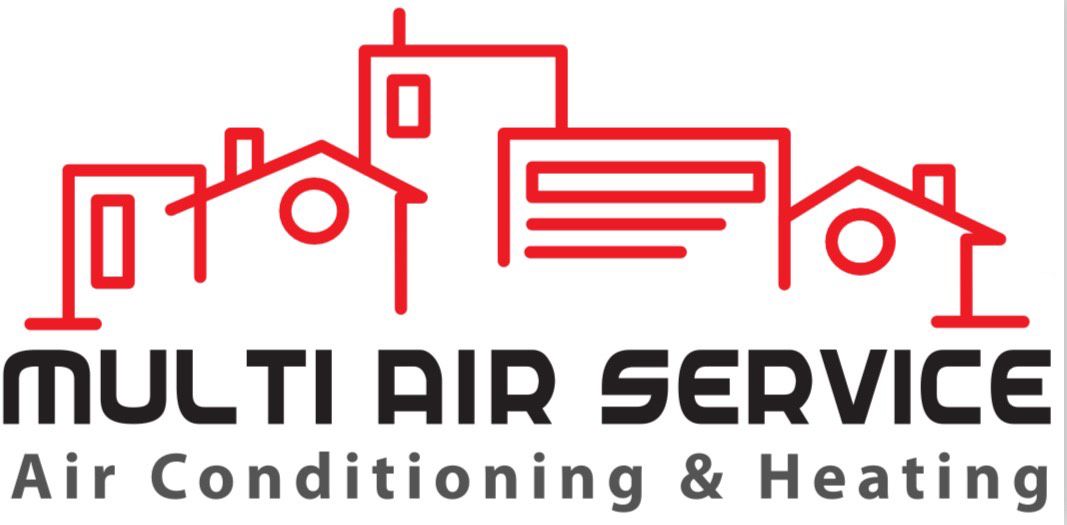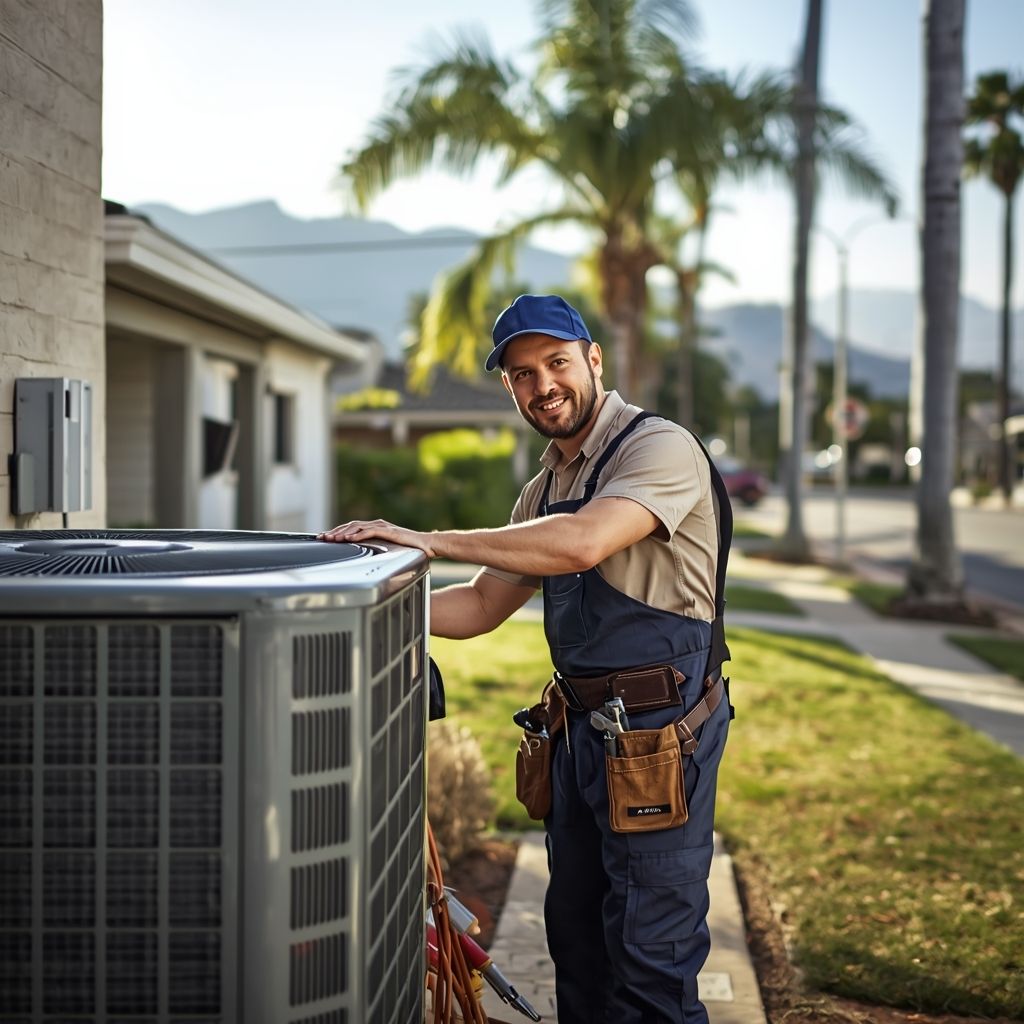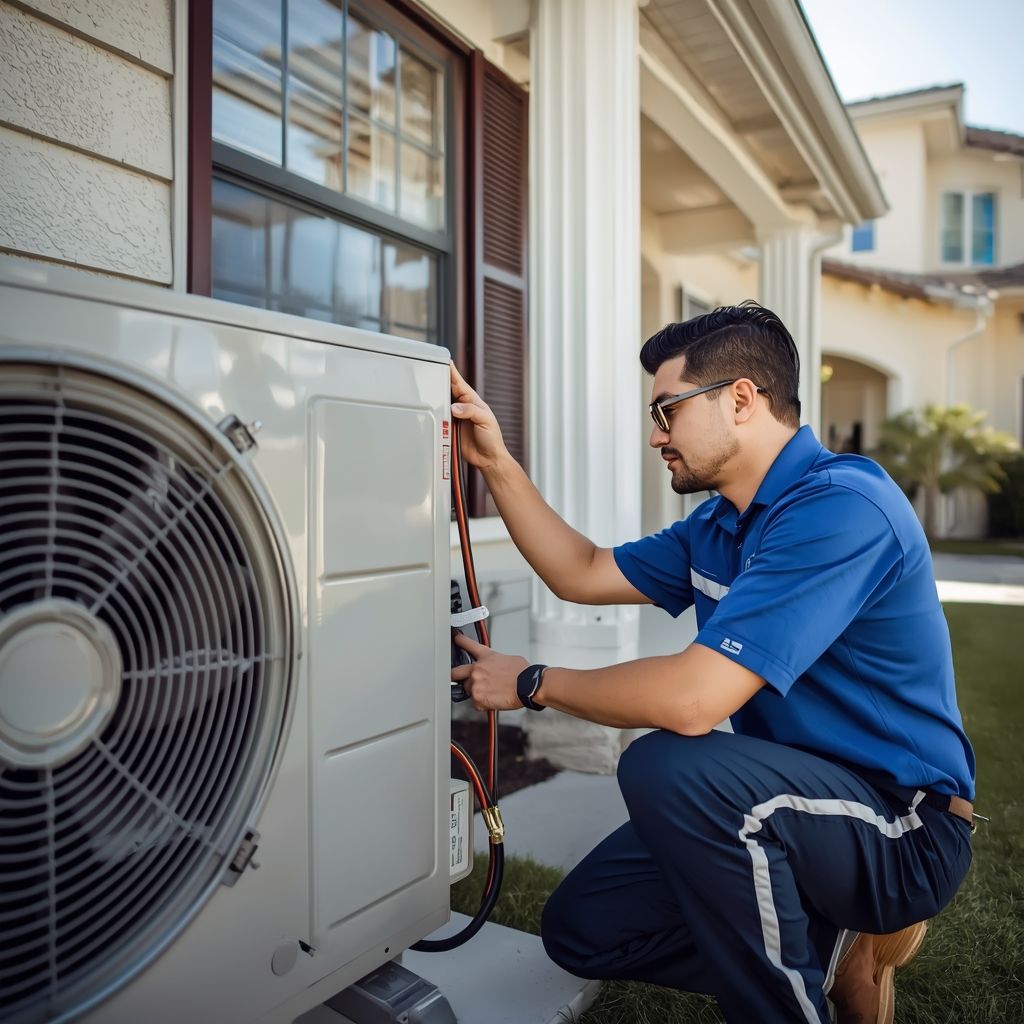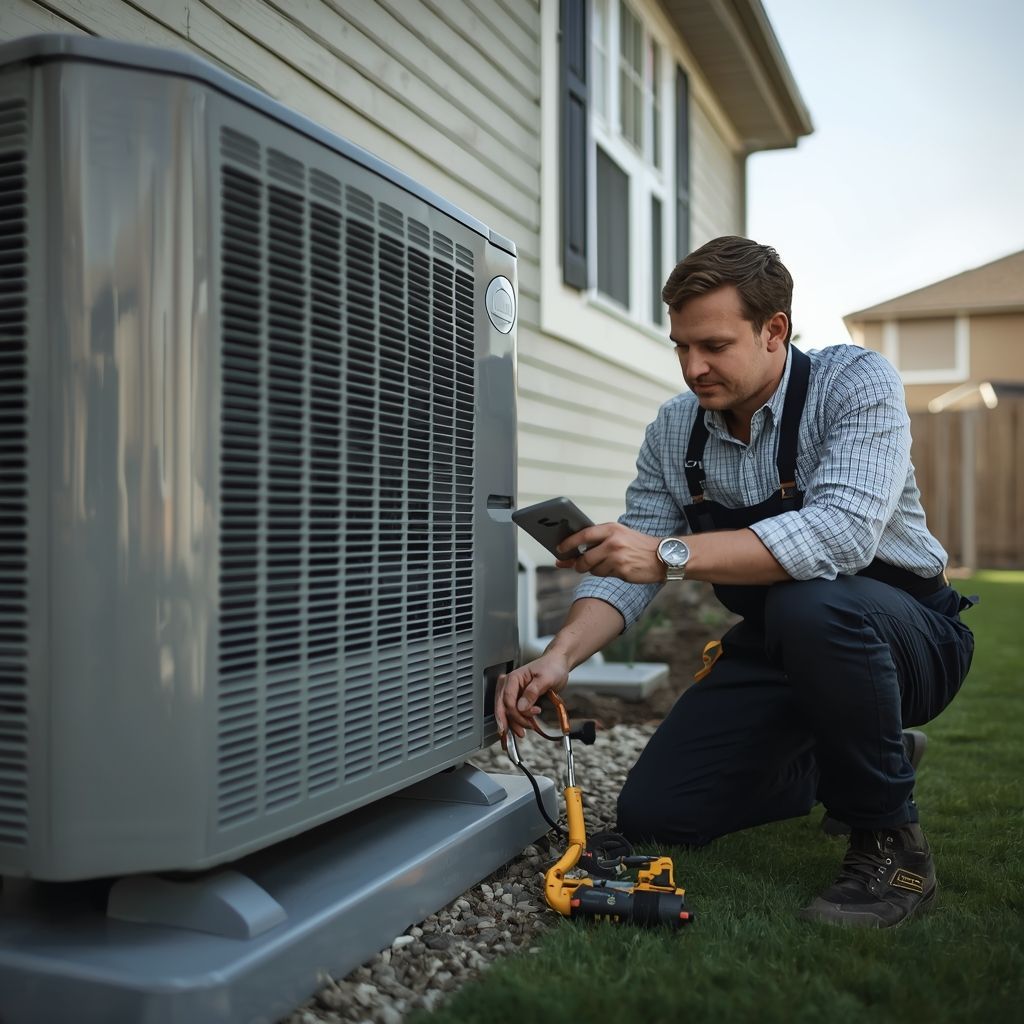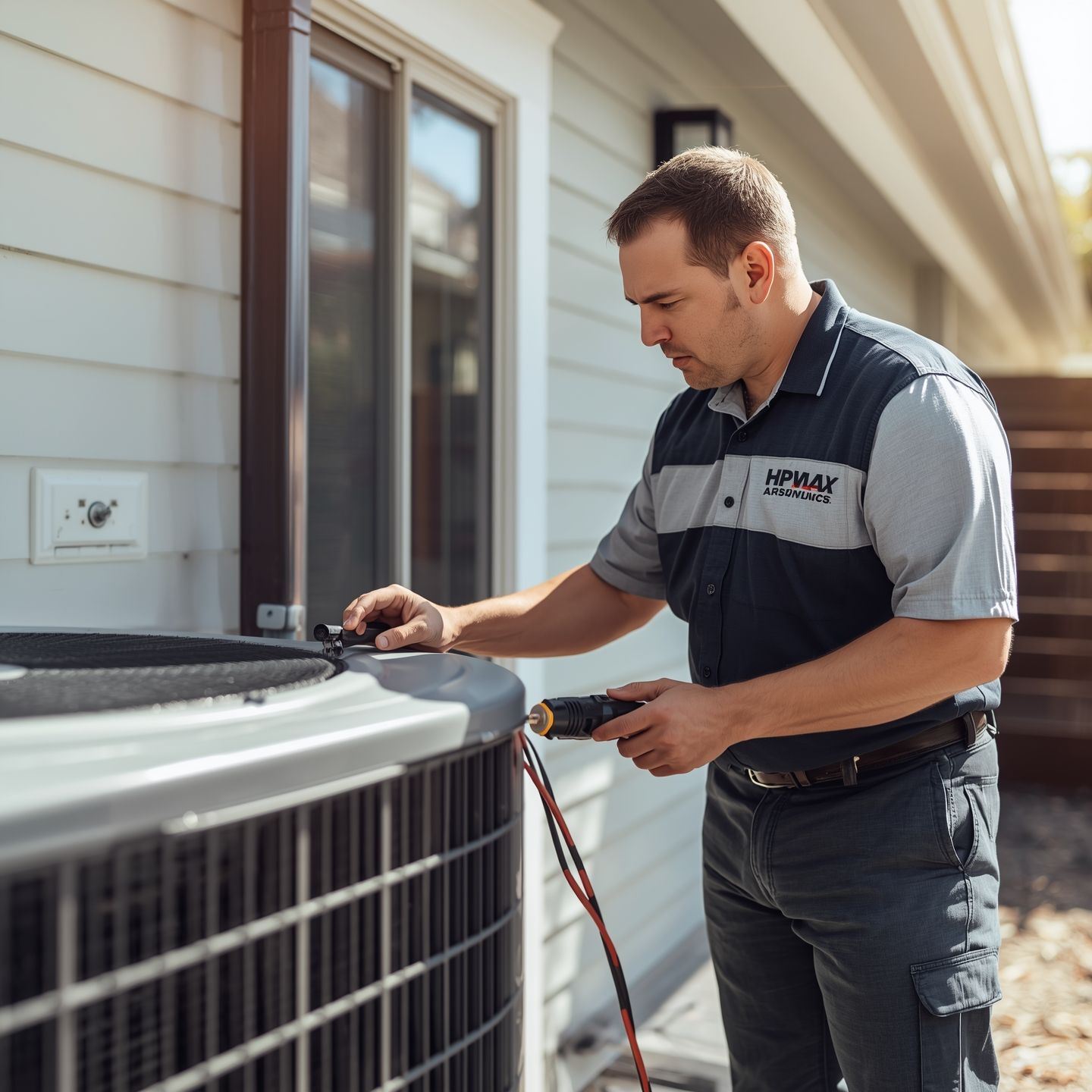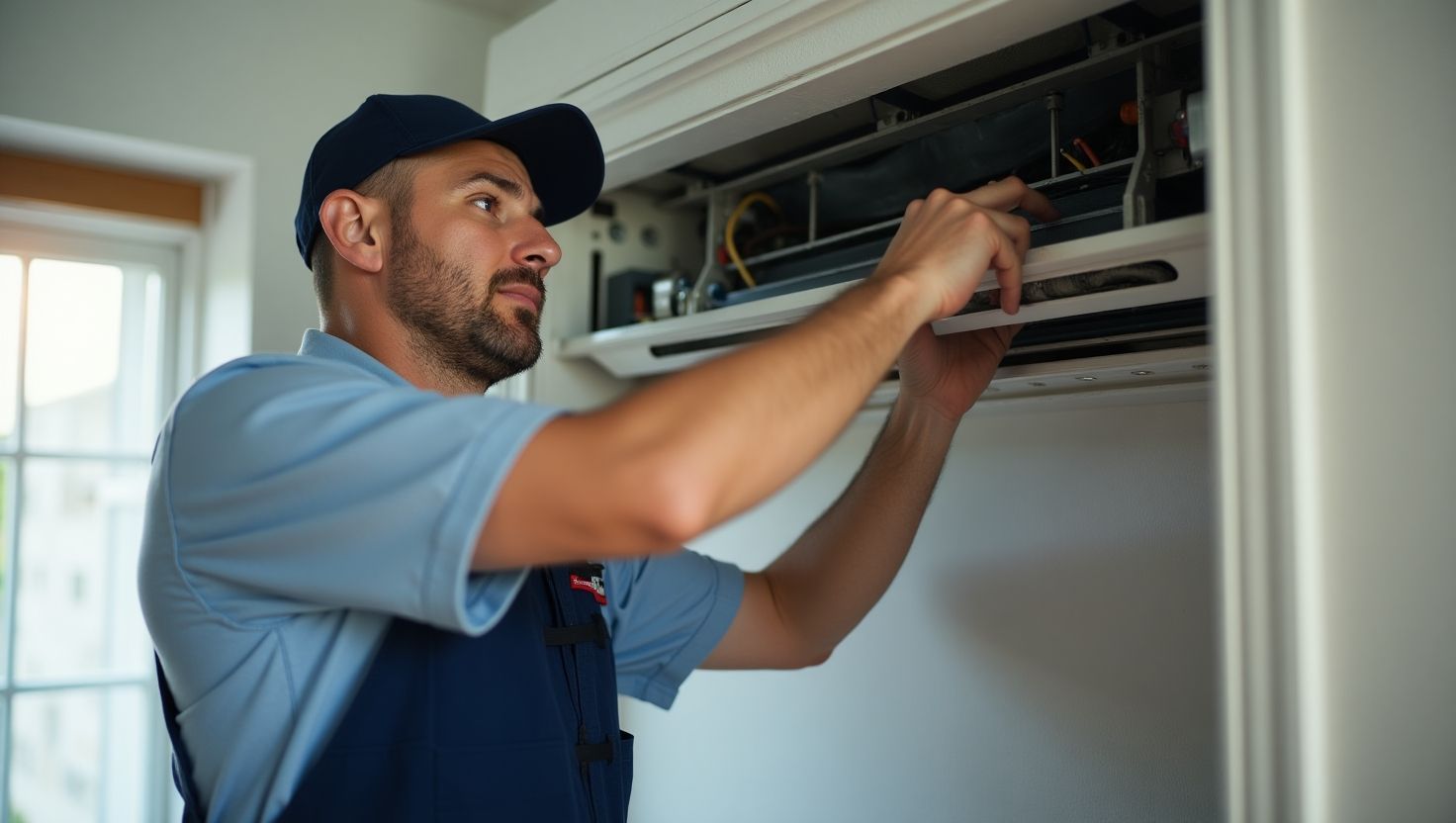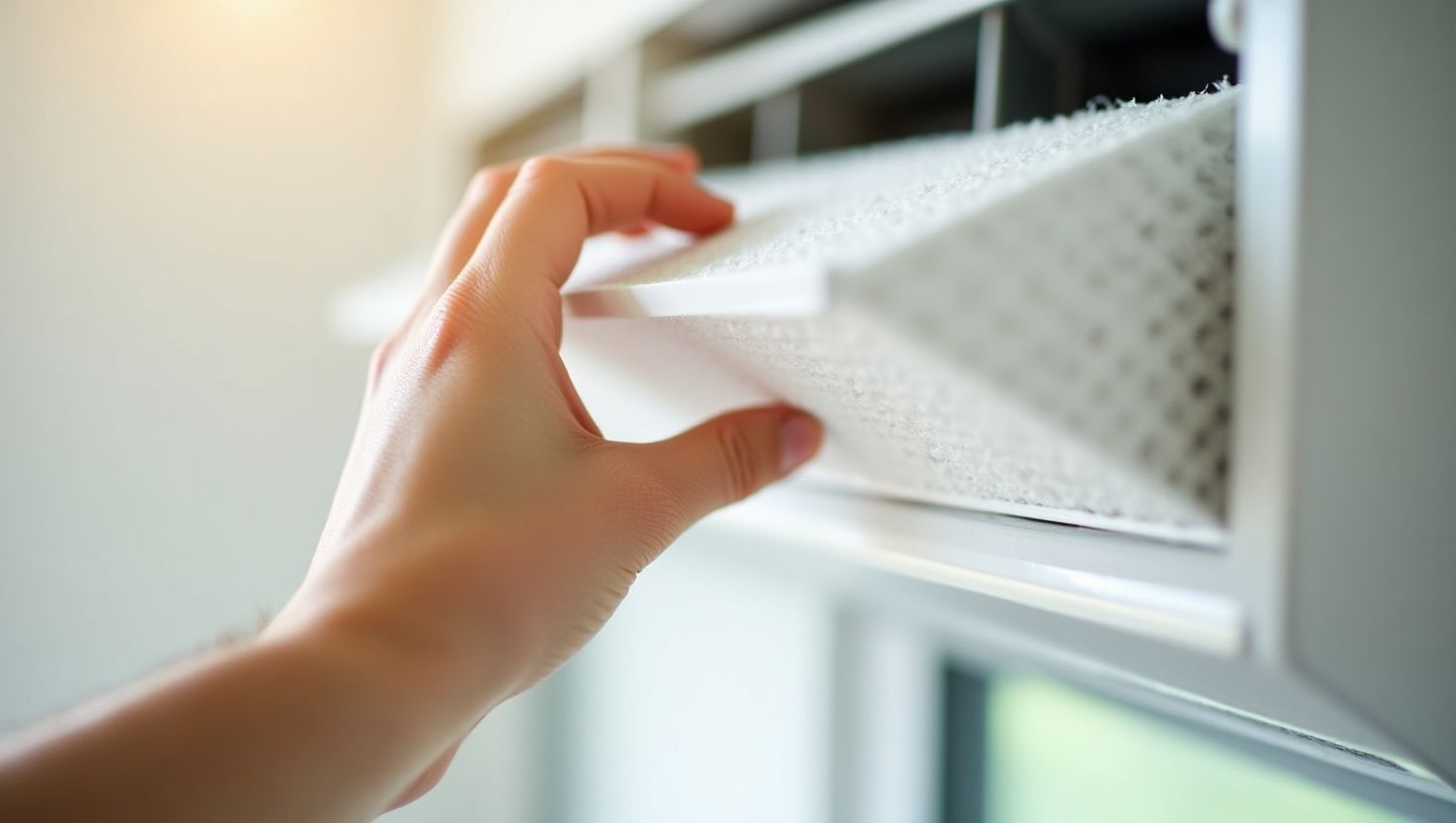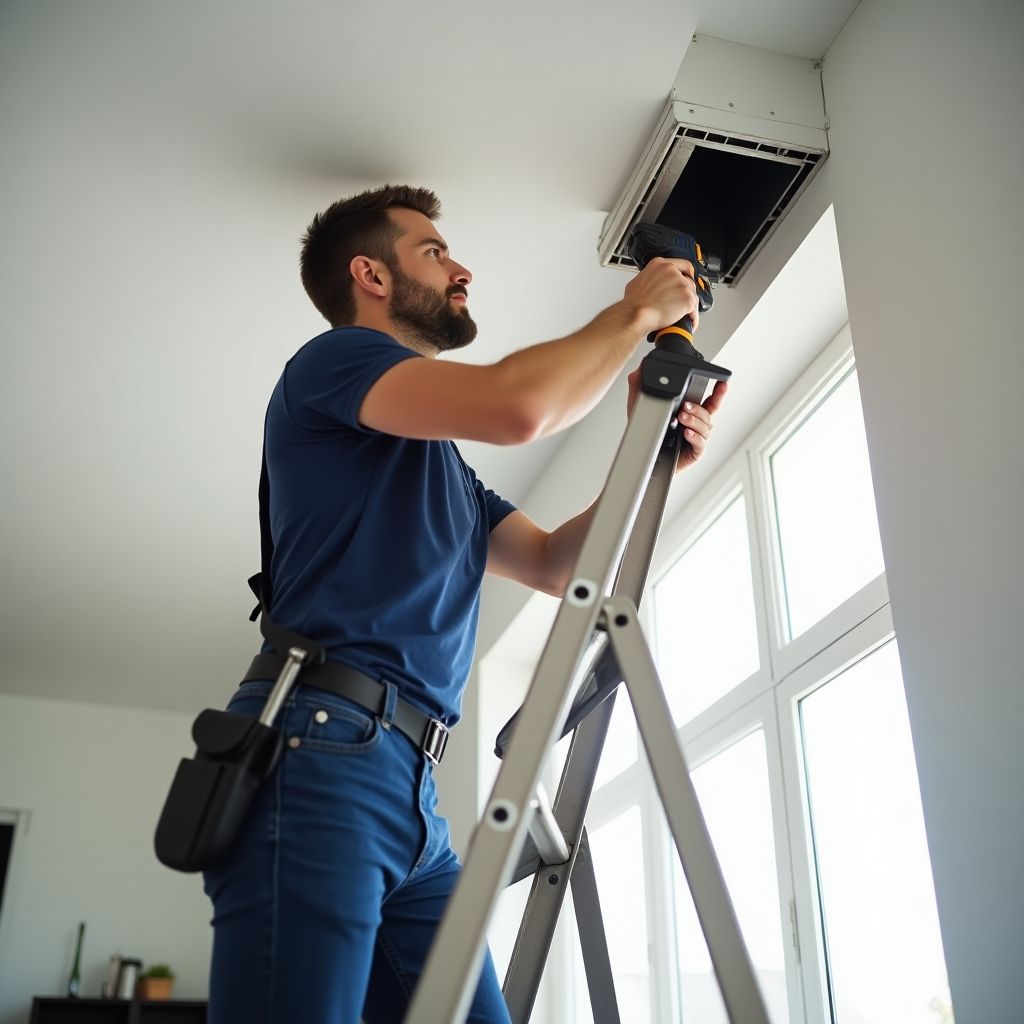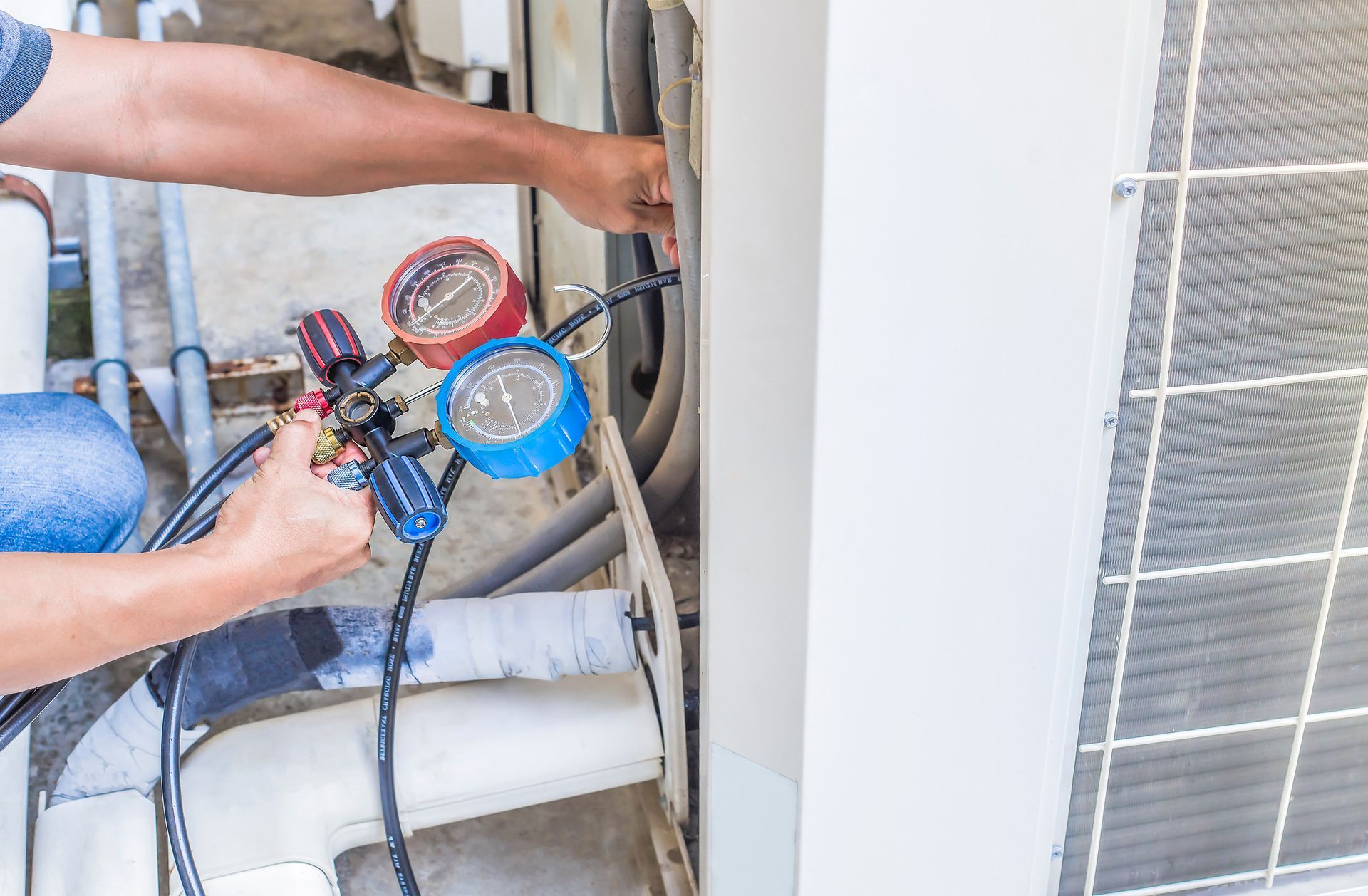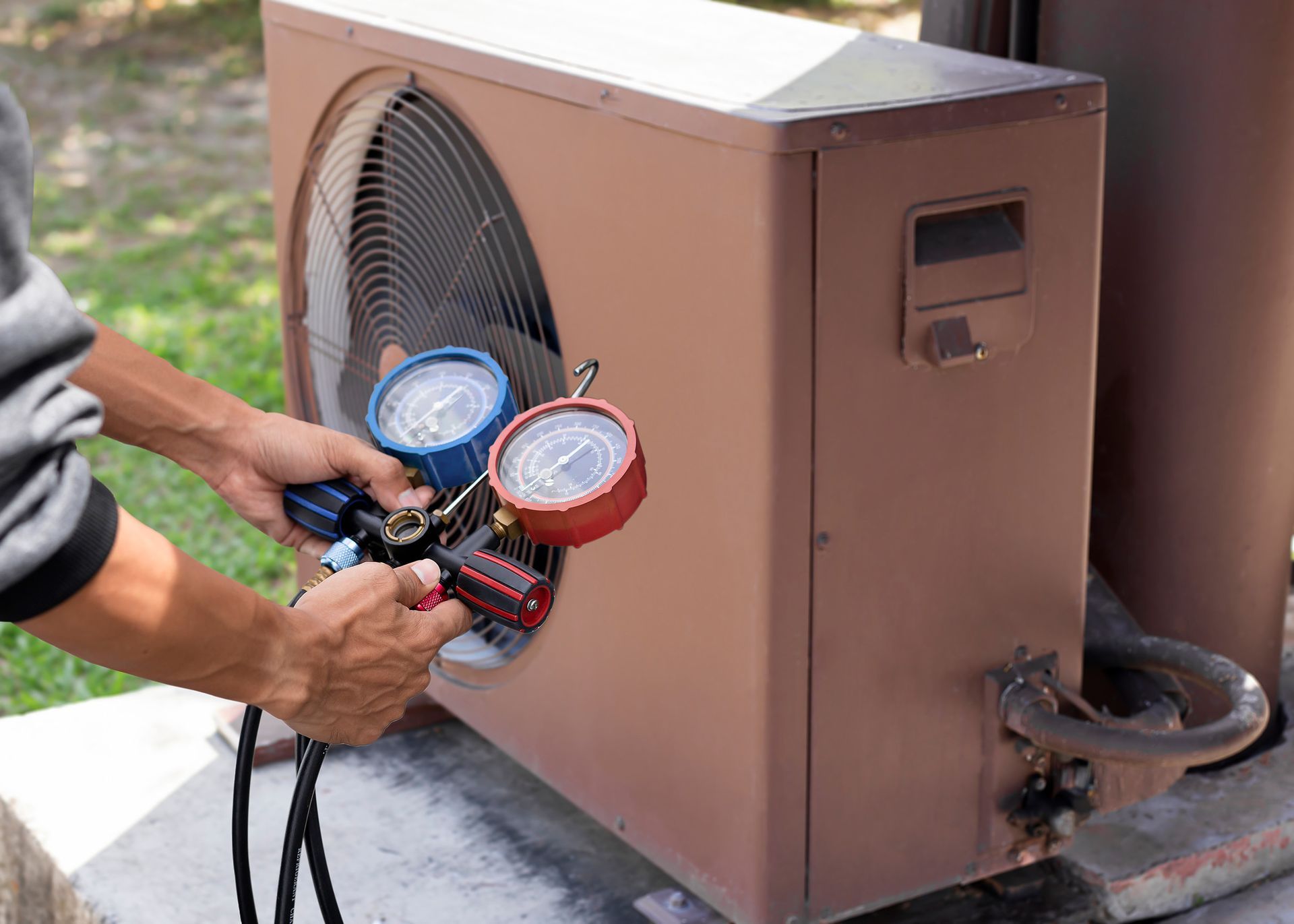Is It Time for a New Heating System? 5 Clear Warning Signs
Is It Time for a New Heating System? 5 Clear Warning Signs
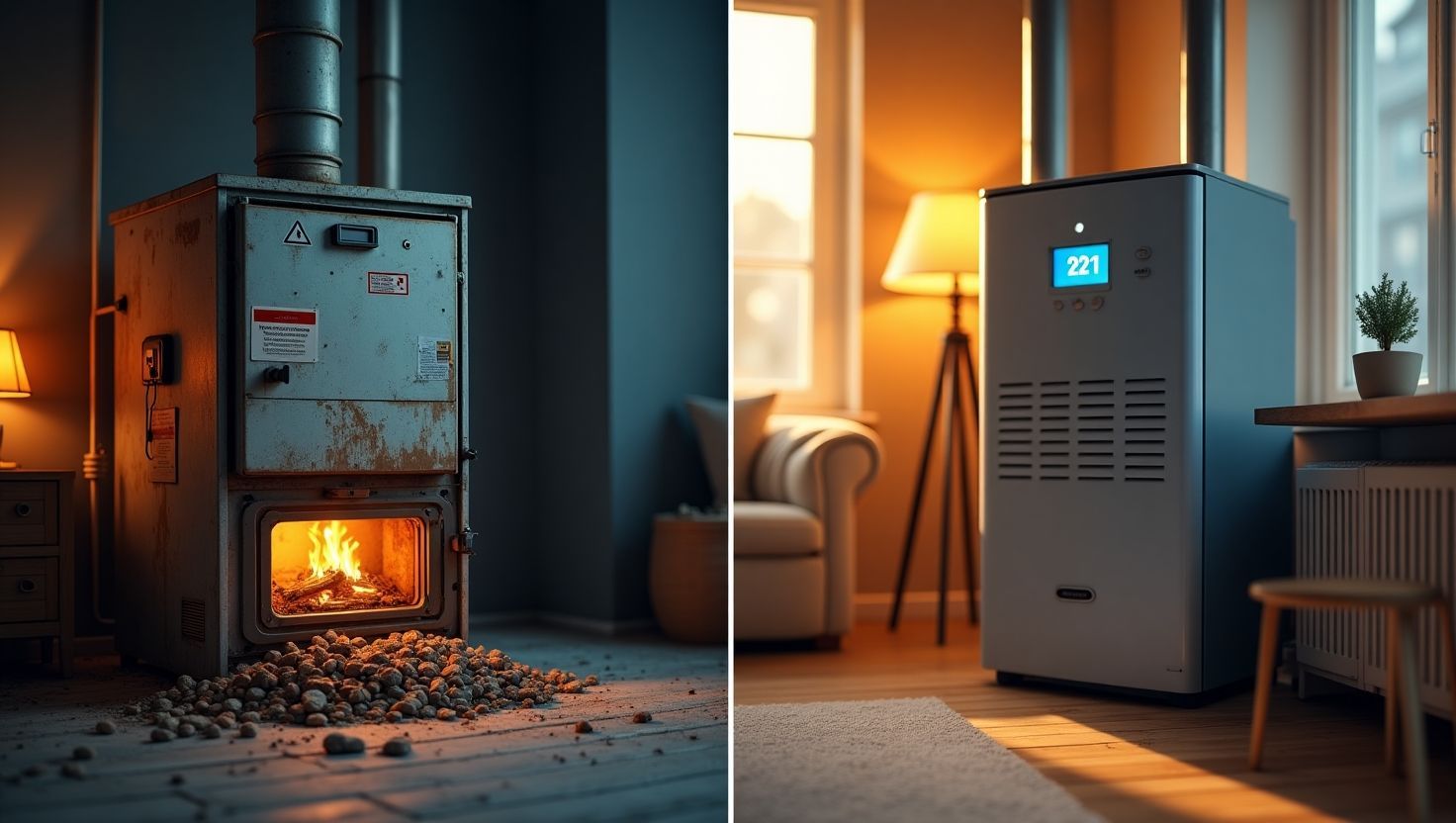
Your heating system works hard behind the scenes to keep your home comfortable during cold months. But like any major appliance, it won't last forever. Knowing when to replace your heating system can save you money, improve your home's comfort, and prevent the inconvenience of a complete breakdown during winter's worst days.
Many homeowners wait until their system fails completely before considering replacement. This approach often leads to emergency repairs, higher costs, and uncomfortable nights. By recognizing the warning signs early, you can make an informed decision about heating system replacement and avoid the stress of last-minute solutions.
This guide will help you identify when your heating system needs replacement, understand the benefits of upgrading, and choose the right system for your home. We'll also cover the importance of professional installation to ensure your new system performs optimally for years to come.
5 Signs You Need a Heating System Replacement
Age of the System
The age of your heating system is one of the most important factors to consider. Most heating systems have a predictable lifespan, and knowing where yours stands can help you plan for replacement.
Furnaces typically last 15-20 years with proper maintenance. Heat pumps generally operate efficiently for 10-15 years. Boilers can last longer, often 15-30 years, depending on the type and maintenance history. If your system is approaching or has exceeded these age ranges, replacement becomes a smart investment.
Older systems also become less efficient over time. A 10-year-old furnace may operate at 80% efficiency compared to its original capacity. This decreased efficiency means higher energy bills and reduced comfort. Modern systems offer significant improvements in energy efficiency, often paying for themselves through reduced utility costs.
Frequent Repairs
When repair calls become routine, your heating system is sending a clear message. If you're calling for service more than twice per year, or if annual repair costs exceed 50% of a new system's price, replacement makes financial sense.
Frequent repairs often indicate that multiple components are wearing out. While fixing one part may solve the immediate problem, other components are likely nearing failure. This creates a cycle of ongoing repairs that becomes increasingly expensive.
Keep track of your repair history and costs. If you're spending more than $500 annually on repairs for a system over 10 years old, investing in a new system will likely save money in the long run.
Rising Energy Bills
Your heating system should maintain consistent energy usage from year to year, assuming similar weather patterns and usage habits. If your energy bills are steadily increasing without changes in your heating habits, your system may be losing efficiency.
Compare your current energy bills to those from previous years. Look for patterns of increasing costs that can't be explained by rate increases or usage changes. A system that's working harder to maintain the same temperature is consuming more energy and costing you more money.
Modern heating systems can be 90% or more efficient, compared to older systems that may operate at 60-80% efficiency. This difference translates to significant savings on your monthly energy bills.
Inconsistent Heating
Uneven temperatures throughout your home indicate that your heating system isn't distributing heat effectively. You might notice cold spots in certain rooms, temperature variations between floors, or difficulty maintaining your desired temperature.
Several factors can cause inconsistent heating. Ductwork problems, failing components, or an improperly sized system can all contribute to uneven heat distribution. While some issues can be repaired, others indicate that your system can no longer meet your home's heating demands.
If you're constantly adjusting the thermostat or using space heaters to maintain comfort, your heating system isn't performing its job effectively. A new system sized properly for your home will provide consistent, comfortable temperatures throughout.
Unusual Noises
Heating systems normally operate with minimal noise. While some sounds are normal, such as the gentle hum of a blower or the soft clicking of a heat pump, loud or unusual noises often signal problems.
Banging, grinding, or squealing sounds can indicate worn components, loose parts, or mechanical failures. These noises often worsen over time and may precede complete system failure. Rattling sounds might suggest loose ductwork or failing internal components.
Strange noises shouldn't be ignored. They're often early warning signs of more serious problems. If your system has become noticeably louder or produces sounds you haven't heard before, have it inspected by a professional technician.
Benefits of Upgrading Your Heating System
Improved Energy Efficiency
Modern heating systems offer remarkable energy efficiency improvements compared to older models. New furnaces can achieve Annual Fuel Utilization Efficiency (AFUE) ratings of 90% or higher, meaning they convert 90% of fuel into usable heat.
High-efficiency systems reduce your environmental impact while lowering your energy bills. The initial investment in an efficient system pays dividends through reduced operating costs over the system's lifetime. Many homeowners see 20-30% reductions in their heating costs after upgrading to a modern system.
Energy-efficient systems also qualify for various rebates and tax incentives. These financial incentives can significantly offset the initial purchase price, making the upgrade more affordable.
Enhanced Comfort
New heating systems provide superior comfort through better temperature control and more even heat distribution. Modern systems can maintain consistent temperatures throughout your home, eliminating cold spots and temperature fluctuations.
Advanced features like variable-speed blowers and multi-stage heating allow the system to adjust its output based on your home's needs.
This results in gentler, more consistent heating that doesn't create the temperature swings common with older systems.
Improved humidity control is another comfort benefit. Modern systems can better manage indoor humidity levels, preventing the dry air that often accompanies heating season. This improved air quality contributes to better health and comfort for your family.
Reduced Repair Costs
A new heating system comes with manufacturer warranties that cover parts and sometimes labor for several years. This warranty protection means you won't face unexpected repair costs during the coverage period.
New systems also have modern, readily available parts. Older systems often require specialized or discontinued parts that are expensive and time-consuming to obtain. With a new system, any needed repairs can be completed quickly and affordably.
The reliability of modern systems means fewer service calls overall. Advanced manufacturing techniques and improved components result in systems that operate reliably for many years with proper maintenance.
Increased Home Value
A new heating system adds value to your home and can be an attractive selling point for potential buyers. Home buyers often view a recently replaced HVAC system as a significant advantage, knowing they won't face immediate replacement costs.
Real estate professionals report that homes with newer heating systems often sell faster and for better prices. The peace of mind that comes with a new system is valuable to buyers who want to avoid unexpected expenses after purchase.
Energy-efficient systems are particularly appealing to environmentally conscious buyers. The combination of lower operating costs and reduced environmental impact makes your home more attractive in the current market.
Choosing the Right Heating System
Type of Heating System
Several types of heating systems are available, each with distinct advantages. Gas furnaces are popular for their efficiency and relatively low operating costs. They provide quick, powerful heating and work well in most climates.
Heat pumps offer both heating and cooling capabilities in one system. They're extremely efficient in moderate climates and can provide year-round comfort. Modern heat pumps can operate effectively even in colder temperatures, making them suitable for most regions.
Oil furnaces are less common but still used in areas where natural gas isn't available. Electric furnaces provide clean, quiet operation but typically have higher operating costs than gas systems.
Size and Capacity
Proper system sizing is crucial for efficiency and comfort. An oversized system will cycle on and off frequently, wasting energy and creating temperature fluctuations. An undersized system will struggle to maintain comfortable temperatures and may run continuously.
Professional load calculations consider your home's square footage, insulation levels, window efficiency, and climate zone. These calculations ensure your new system has the right capacity to heat your home efficiently.
Don't assume your new system should be the same size as your old one. Home improvements like new windows, additional insulation, or room additions can change your heating requirements. A professional assessment ensures proper sizing.
Energy Efficiency Ratings
Understanding efficiency ratings helps you choose a system that balances performance with operating costs. AFUE ratings show how much fuel is converted to usable heat. Higher AFUE ratings mean greater efficiency and lower operating costs.
Look for systems with AFUE ratings of 90% or higher for maximum efficiency. While these systems may cost more initially, they provide significant long-term savings through reduced energy consumption.
ENERGY STAR certified systems meet strict efficiency guidelines and often qualify for rebates. These systems represent the most efficient options available and provide the best long-term value.
Professional Installation
Importance of Professional Installation
Professional installation ensures your new heating system operates safely and efficiently. Proper installation affects system performance, warranty coverage, and safety. Incorrectly installed systems can be dangerous and may void manufacturer warranties.
Licensed technicians have the training and experience to install systems according to manufacturer specifications and local codes. They understand the complexities of system sizing, ductwork connections, and safety requirements.
Professional installation also includes proper testing and commissioning. Technicians verify that all system components work correctly and that the system meets performance specifications before completing the job.
Finding a Reputable HVAC Technician
Choose a licensed, insured contractor with experience installing your chosen system type. Ask for references and check online reviews to gauge customer satisfaction. A reputable contractor will provide written estimates and explain the installation process clearly.
Verify that the contractor is licensed in your area and carries adequate insurance. This protection ensures you're not liable for accidents or damage during installation. Licensed contractors also stay current with local codes and regulations.
Get multiple quotes to compare prices and services. While cost is important, don't automatically choose the lowest bid. Consider the contractor's reputation, warranty offerings, and included services when making your decision.
While this guide focuses on the signs indicating the need for furnace installation in Pasadena homes, it’s important to remember that commercial properties have specialized equipment with different lifecycles and replacement needs. For example, restaurants require dedicated experts for their exhaust systems. When choosing an HVAC partner, verify they handle both residential and commercial projects. A full-service company can manage everything from replacing an aging residential furnace to providing complex commercial kitchen ventilation services, ensuring they can meet any property requirement you might have, now or in the future. This versatility is a key indicator of a comprehensive and experienced provider.
Making the Smart Choice for Your Home's Comfort
Recognizing when to replace your heating system prevents unexpected breakdowns and ensures continued comfort for your family. The signs we've discussed—age, frequent repairs, rising energy bills, inconsistent heating, and unusual noises—provide clear guidance for making this important decision.
Upgrading to a modern heating system offers numerous benefits beyond just restoring heat to your home. Improved efficiency, enhanced comfort, reduced repair costs, and increased home value make replacement a smart investment. The key is choosing the right system for your home's specific needs and ensuring professional installation.
Don't wait until your system fails completely. If you're experiencing any of the warning signs mentioned in this guide, contact a qualified HVAC professional for an assessment. They can evaluate your current system, discuss your options, and help you choose the best heating solution for your home and budget.
Taking action now ensures you'll stay comfortable through the coldest months while enjoying the benefits of modern heating technology. Your new system will provide reliable, efficient heating for many years to come, giving you peace of mind and improved comfort for your family.
Have questions about upgrading your heating system? Contact us today at Multi Air Service to get started!
We are a local company in Pasadena CA, and servicing nearby neighborhoods as well. Call us.
